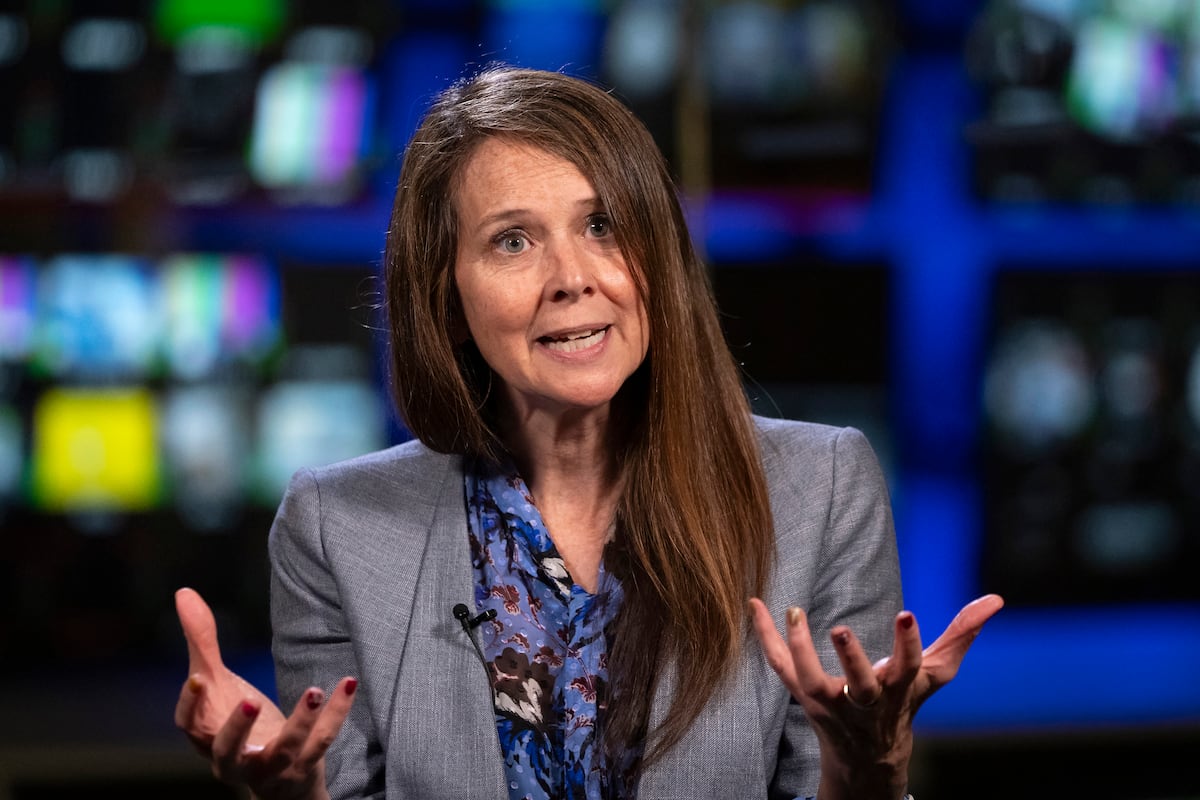In a significant and swift move, the U.S. Army Secretary has ordered the prestigious West Point military academy to revoke a newly announced appointment, igniting a fresh debate over government oversight, academic freedom, and the pervasive issue of censorship allegations within federal agencies.
The individual at the heart of this directive is Jen Easterly, formerly the director of the Cybersecurity and Infrastructure Security Agency, or CISA, under President Joe Biden. Esteemed for her background in national security, Easterly was just days prior unveiled as the distinguished chair in West Point’s social sciences department, a role that promised to bring her considerable expertise to future military leaders.
However, the ink had barely dried on the announcement before Army Secretary Dan Driscoll issued a direct order to rescind her agreement with the revered military academy. This sudden reversal underscores the intense political scrutiny and partisan divides currently impacting appointments even in traditionally apolitical institutions.
A central tenet of the controversy revolves around Easterly’s tenure at CISA, where her agency played a critical role in countering misinformation, particularly concerning election integrity and public health during the COVID-19 pandemic. This work, however, drew harsh criticism from certain Republican factions who contended that CISA’s efforts bordered on censorship, infringing upon free speech.
Easterly has consistently and vehemently refuted these grave accusations, asserting that her agency’s actions were aimed at protecting critical infrastructure from foreign and domestic interference, not suppressing legitimate discourse. She has maintained that allegations against CISA are riddled with factual inaccuracies and expressed hope for the agency to continue its vital election-related work despite the contentious environment.
The directive from Secretary Driscoll followed public outcry from far-right commentators, most notably Laura Loomer, who took to social media to characterize Easterly’s appointment as an undermining of a potential future administration by “Biden holdovers” within the Defense Department. Such public pressure campaigns have increasingly influenced high-level government decisions.
Beyond merely terminating Easterly’s agreement, Driscoll’s memo also contained broader implications for West Point, demanding an immediate review of its hiring practices. Crucially, it also mandated an immediate pause on non-governmental and outside groups from selecting employees, including instructors and professors, and from shaping the academy’s academic or developmental lectures.
This decisive intervention highlights the intricate challenges facing institutions tasked with balancing national security imperatives, the pursuit of academic excellence in military education, and navigating a polarized political landscape increasingly fraught with allegations of government overreach and misinformation. The episode serves as a potent reminder of the ongoing debate surrounding the appropriate boundaries of government action in the digital age.





Leave a Reply